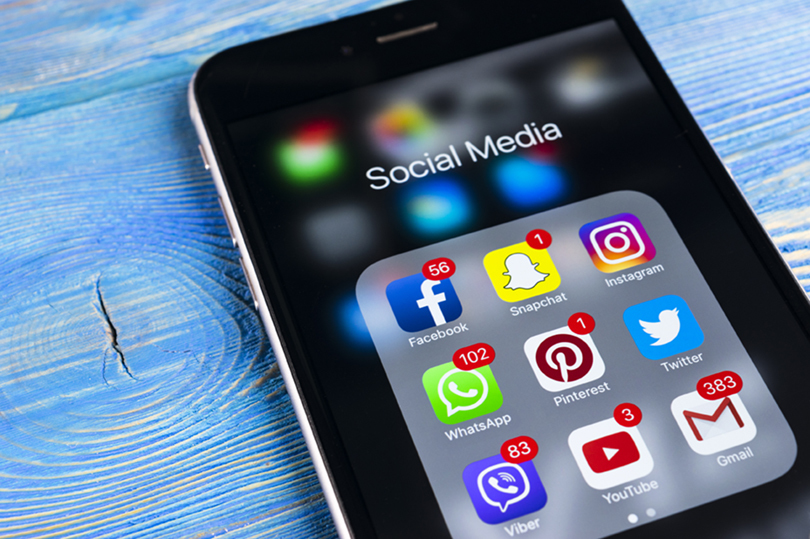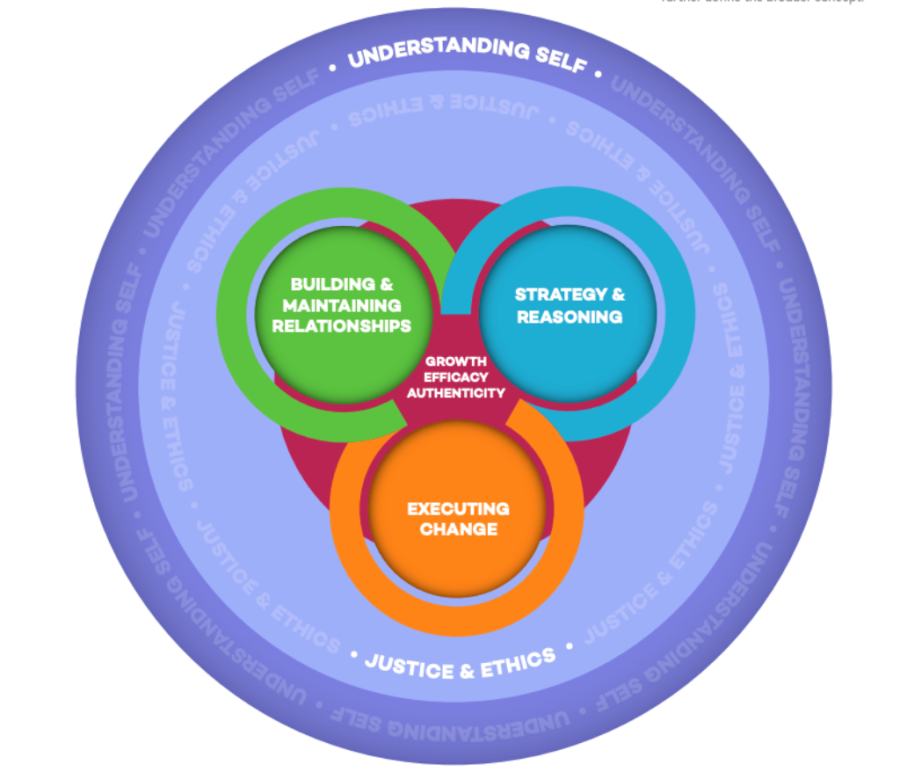It’s a problem that millions of people face across the world every single day: too much screen time. We live in a world where information can always be accessed through the touch of a button, but like all other good things, it comes at a cost. How much screen time is too much, and can blue light glasses help? This is the question that we’ll be exploring today. To me, the answer was surprising, and I think it will be surprising to you as well. I encourage you to limit your screen time and connect with others around you in person. After all, we only live once.
First, let’s define how much screen time is too much. The Mayo Clinic recommends that teens spend no more than two hours a day looking at a screen, excluding the time used for education purposes. To put that into perspective, that’s a little less than three episodes of Grey’s Anatomy. To us (teens), that doesn’t seem like enough time to check Social Media, browse the internet, text others, play games, and watch Netflix or other streaming services! I don’t know about you, but my screen time report is over two hours. Now, let’s explore some of the long-term side effects of too much screen time. Many research studies have shown that too much screen time can lead to an increased risk of obesity, depression, sleep problems, chronic neck and back pain, too much exposure to harmful blue light (leading to macular degeneration), and in extreme cases, the development of internet disorders. Now, this doesn’t touch on all of the great things that technology allows us to do, such as communicating with others, making each other laugh, etc. The bottom line is that like everything else in life, there are pluses and minuses to every situation. At the end of the day, you decide how to live your life and what’s best for you. However, if you don’t feel satisfied with your relationship with technology, here are some ways to adjust your routine to be healthier.
All right, here’s the answer to the question I’m sure you’ve been waiting for: Are Blue Light Glasses Effective? The short answer is, no. The American Academy of Ophthalmology doesn’t promote the use of blue light glasses and claims that blue light from screens doesn’t cause eye strain nor eye disease. The real problem comes from the overuse of being on your screens for long periods of time, not the blue light that is emitted from them. Personally, I found this answer to be surprising. Approximately 190 million dollars was the cost of the global market for blue light glasses in 2020, and the numbers are predicted to increase every year. So, I’m sure you or someone you know has blue light glasses, so, like me, you were probably surprised to find that blue light glasses really aren’t effective.
If you are experiencing eye strain or vision problems, you should talk to your doctor first, as I am obviously not an expert. I do however have some tips to help you manage your screen time. First, have your parents set controls. I know this can sound demeaning, but trust me when I say it can be helpful. You will be able to focus better on school work and get your homework done much faster. Second, try to not keep your phone in your room so that you can sleep better. It’s easy to scroll through social media before you go to bed, but exposure to blue light can really affect your sleep and REM cycle. Lastly, try the 20-20-20 rule. Every 20 minutes look at an object 20 feet away for 20 seconds. When we’re looking at a screen we blink less, contributing to eye strain. Overall, try to manage your screen time, ask for help if you need it, and remember, there’s a whole other world out there that can’t be explored if you’re on your phone.








